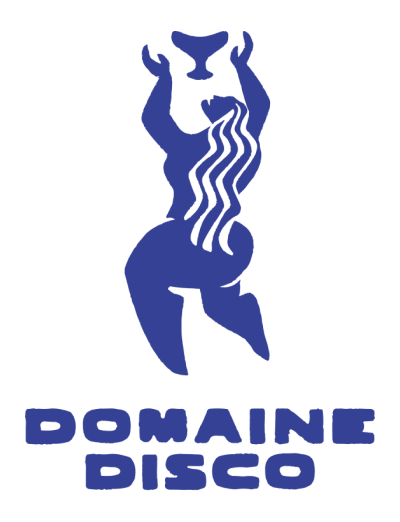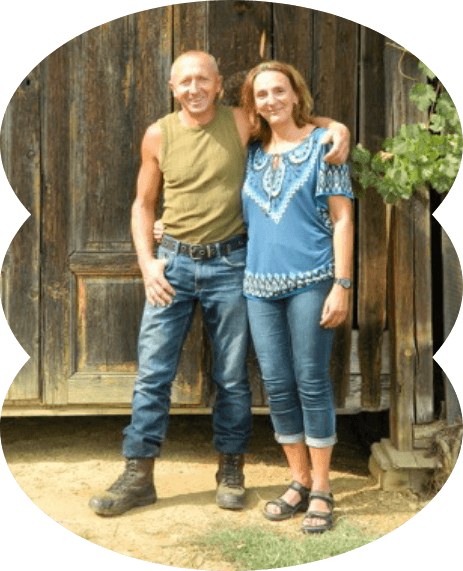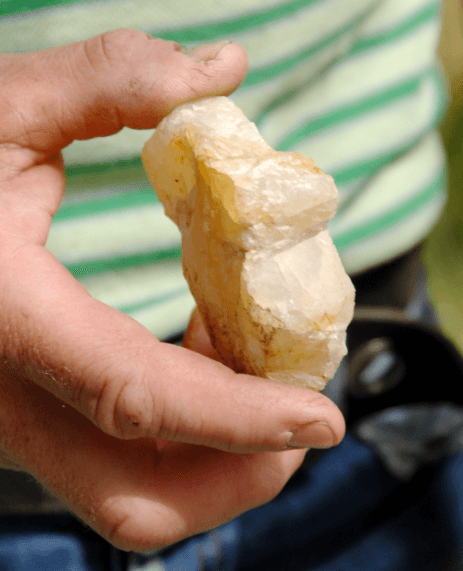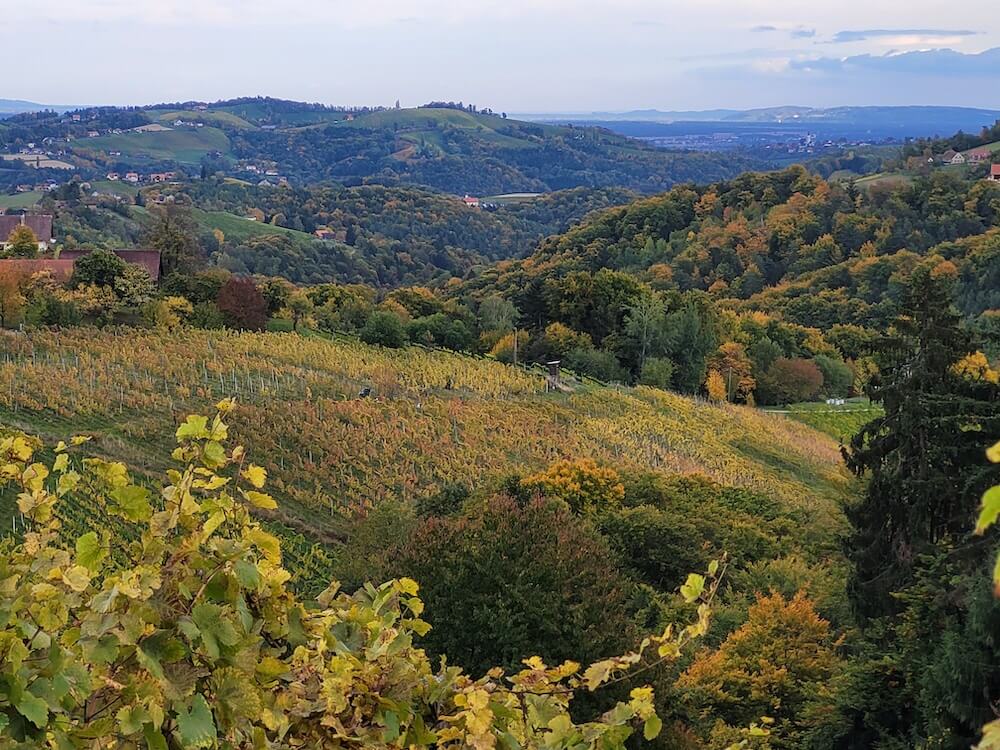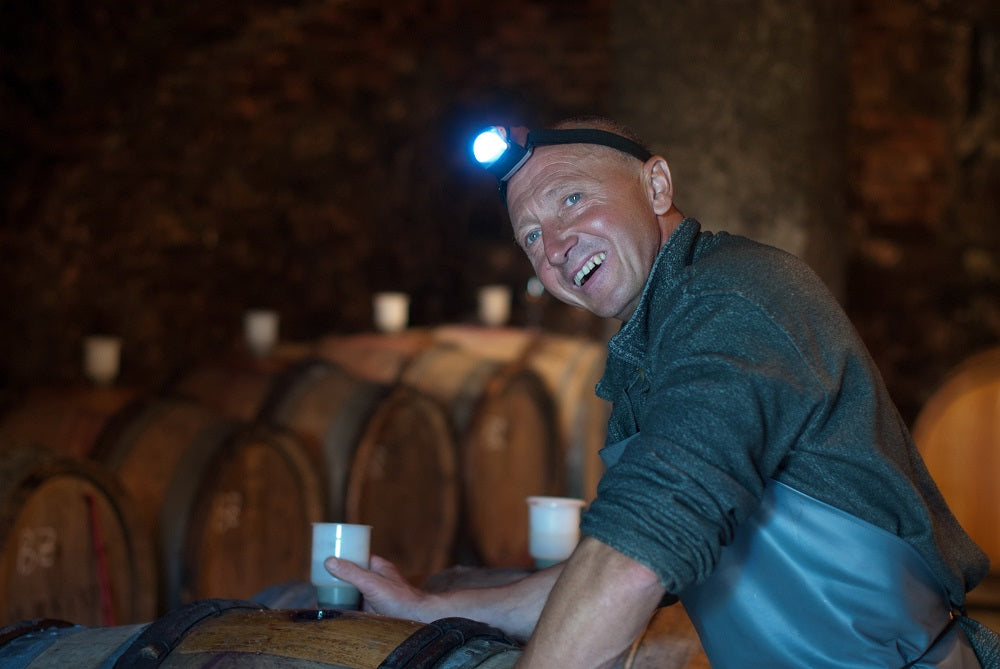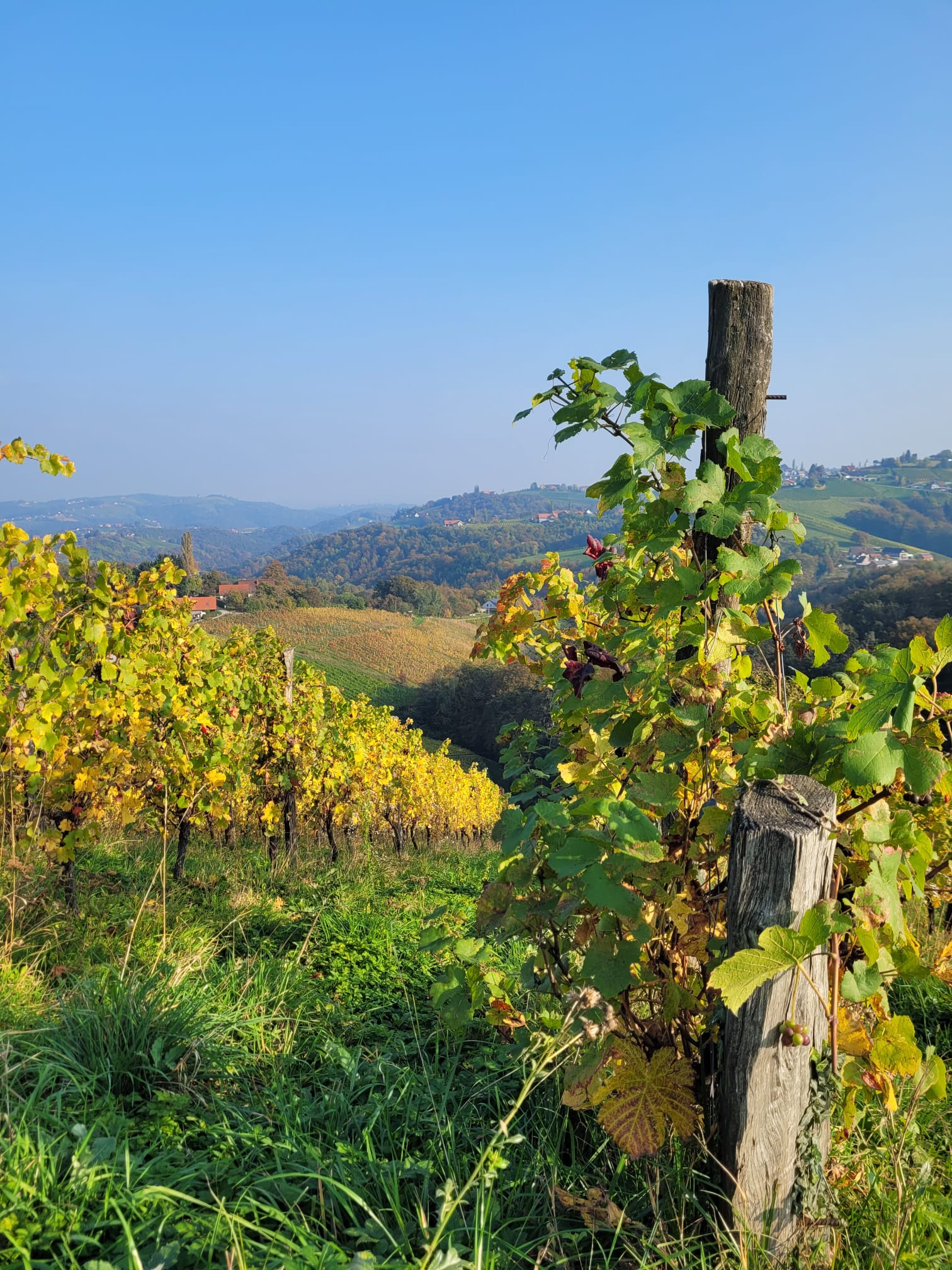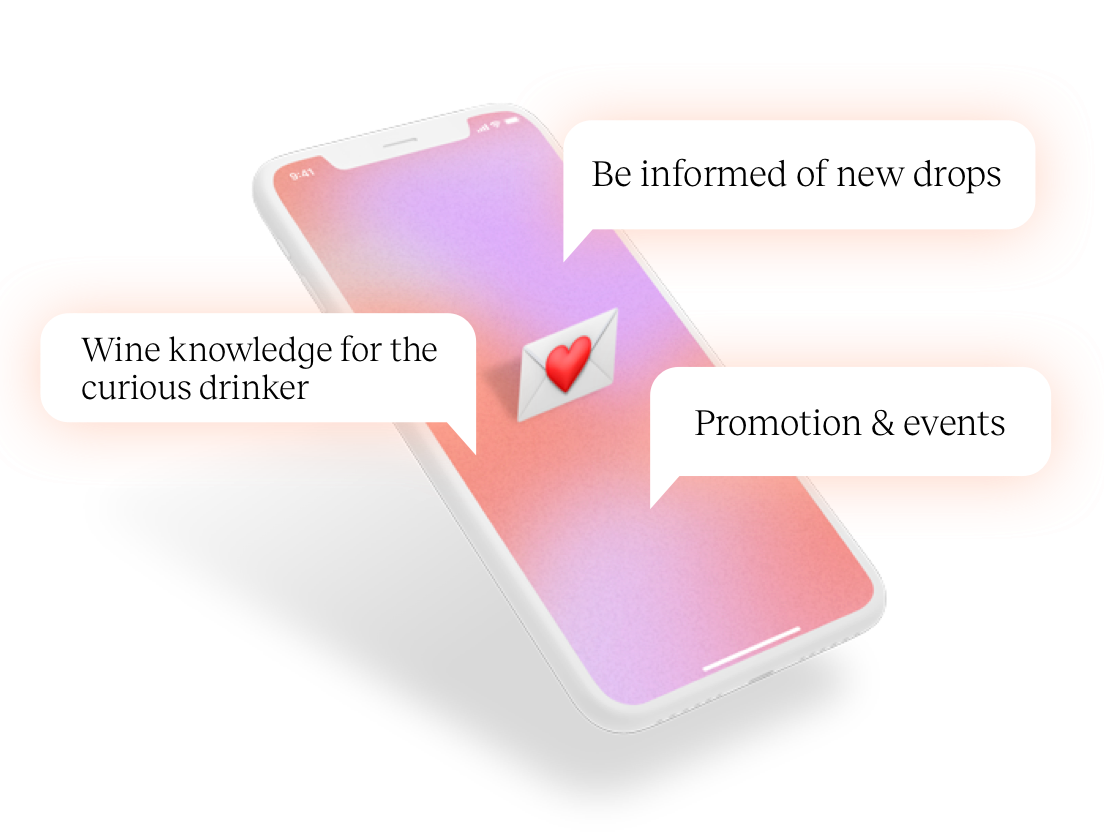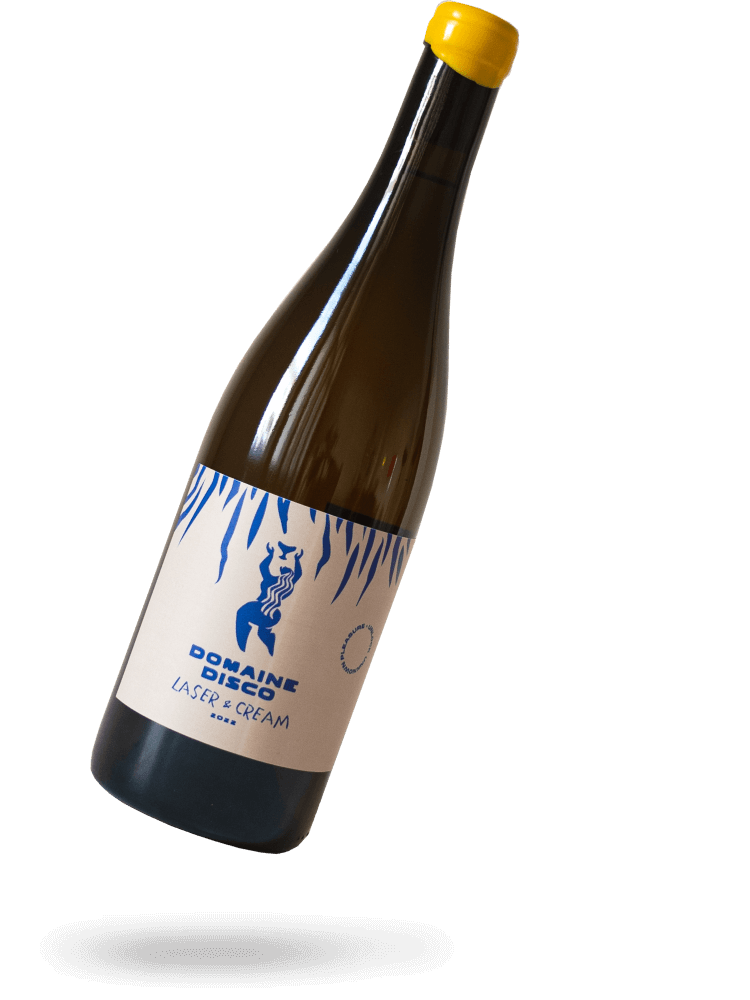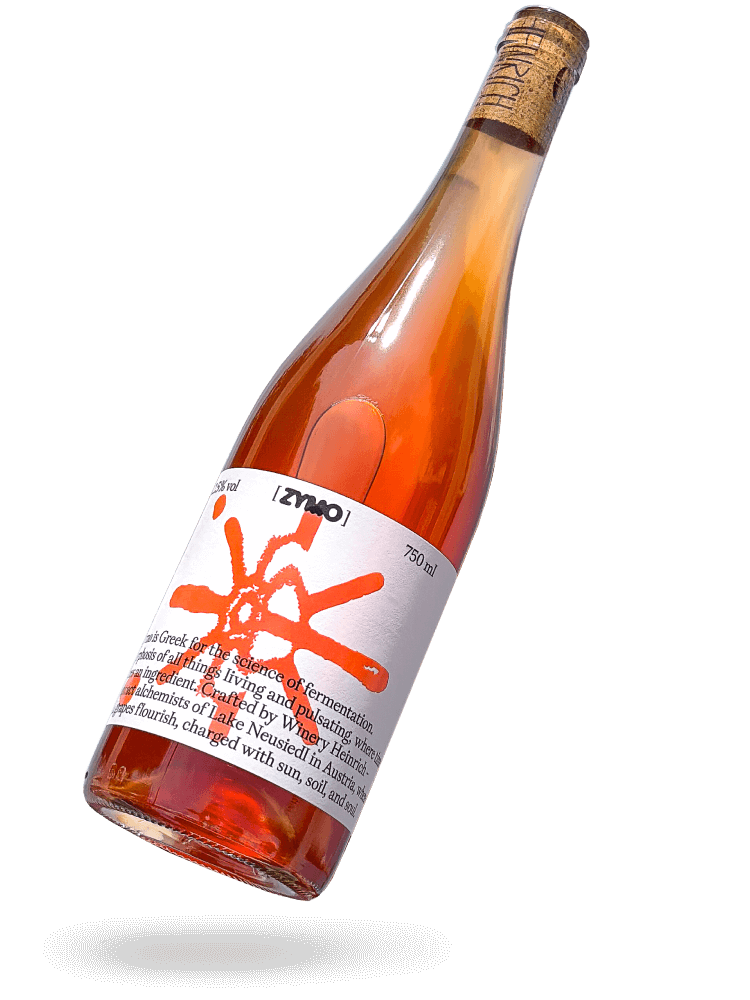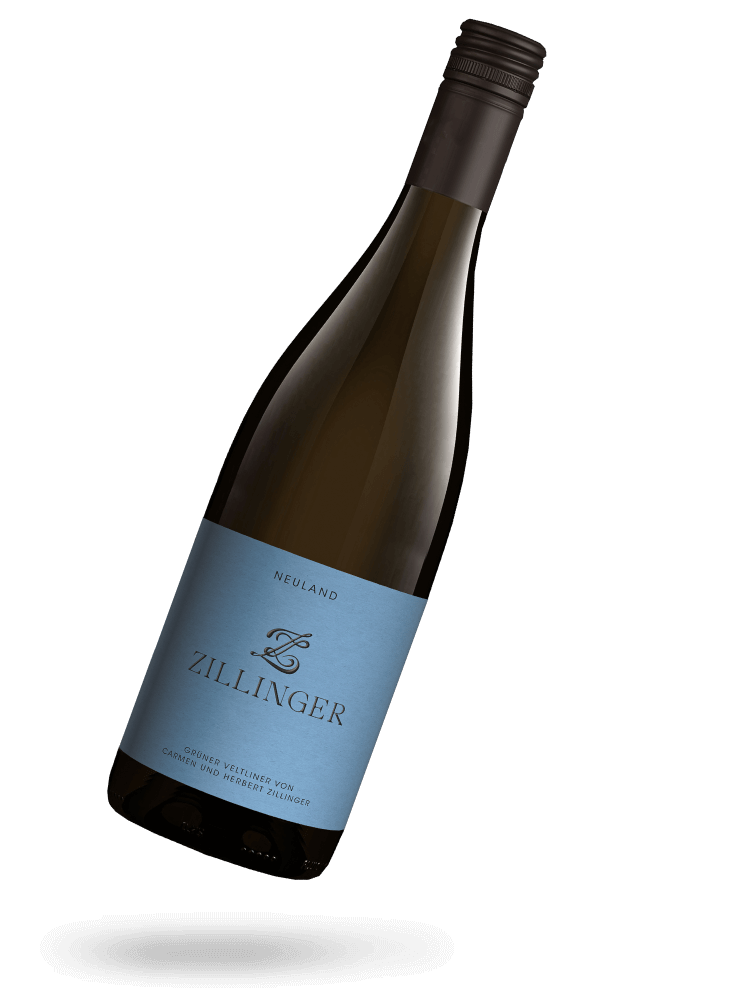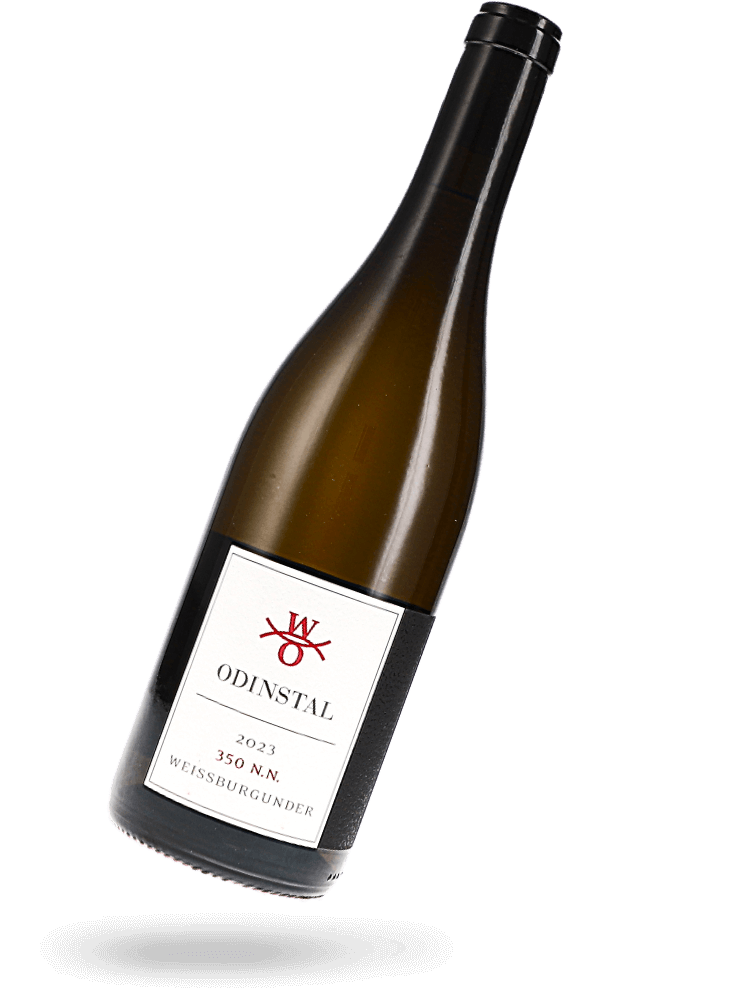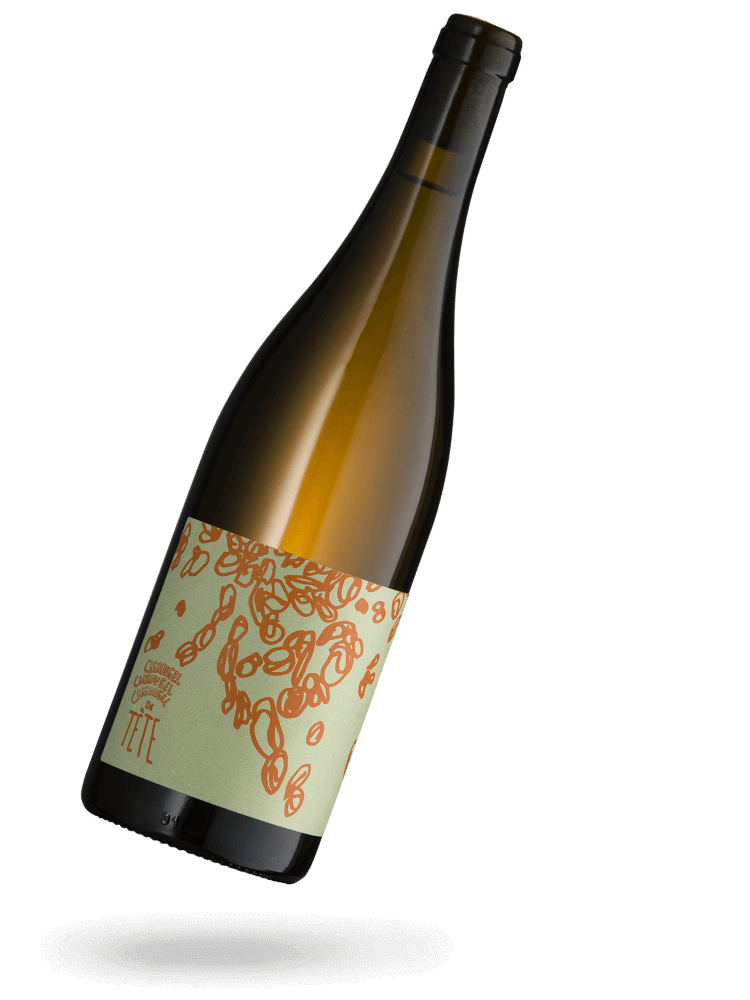In our conversation, Karl Schnabel once again demonstrated his uncompromising attitude and honesty in dealing with wine as a cultural asset. The interview with Karl is an adapted version of a long and very revealing phone call.
You both went to Burgundy for two years in the 90s to deepen your understanding of wine. What insights or inspirations had a lasting impact on you that are practised at Ermihof today?
Karl Schnabel: The experiences in Burgundy were very important for us. In the 70s, modern thinking began to include technological advances and such. If we hadn't spent time in Burgundy, we might have practised viticulture according to predefined guidelines, such as those practised in Klosterneuburg and Geisenheim. But in Burgundy we developed the awareness that in the end it is all about the grapes. The French have never lost the foundation of the old traditions in agriculture. This realisation has strengthened us and steered us in the right direction.
Of course, in Burgundy, conventional methods were also used in the vineyard to some extent. But what made a lasting impression on me was the vinification in the cellar, where there was no intervention whatsoever. There, manual pigeages were carried out in huge fermentation tanks. This process had a deep impact on me and is still an important inspiration for us at Ermihof today.
What makes a great wine for you? Or what is important to you personally in a wine?
Karl Schnabel: You can't argue about taste, that's totally subjective. Wine should be wholesome and sustainably produced.
For me personally, there are 3 pillars: Taste, digestibility, production (sustainability).
Does climate change have an influence on your viticulture and does this also change things in your work?
Karl Schnabel: We are fans of physiological ripeness and harvest relatively late because of the altitude and the climate - in that sense it doesn't bother me, but what does bother me is the unpredictability. There was no late frost in Styria, then it came suddenly in 2016, which surprised us enormously and caught us off guard. The climate is becoming more unpredictable. Basically, climate change actually strengthens my viticulture.
What prompted you and Eva to go in the direction of organic / biodynamic / natural wine?
Karl Schnabel: We were never conventional, my father has always worked organically, he would never have said that on his own, but we have always worked that way. At Ermihof, there have always been animals in the vineyard, so the circular economy was also a given. We did not have to convert, we have always worked organically / biodynamically.
Are there any lessons or insights regarding winemaking or the wine business that you wish you'd had at the beginning of your career?
Karl Schnabel: We have never followed trends and have always gone our own way. But I realised early on that lemonade wines are not the non plus ultra. People always talk about origin, whether it's Sauvignon from New Zealand or South Africa, it all tastes the same.
As far as the business is concerned, we were a bit naïve at the beginning. Many people try to exploit the natural wine scene. Basically, I would say that we are on the right track. Back then, I was named the exceptional winemaker by Gault Millau, the question was then where I see myself in 10 years. In 10 years, my wish is that we are all in the same boat again and dedicate ourselves together to the cultural asset of wine by going in the same direction together and ensuring that all wines are produced at a high level.
Dear Karl, thank you very much for the interview!







